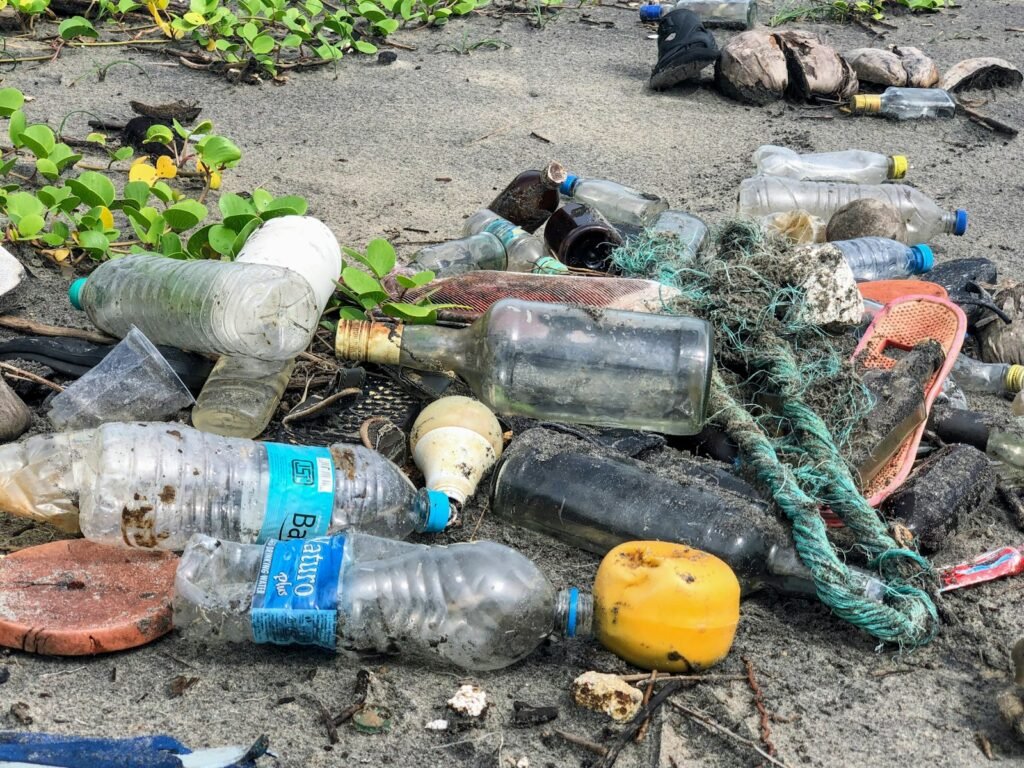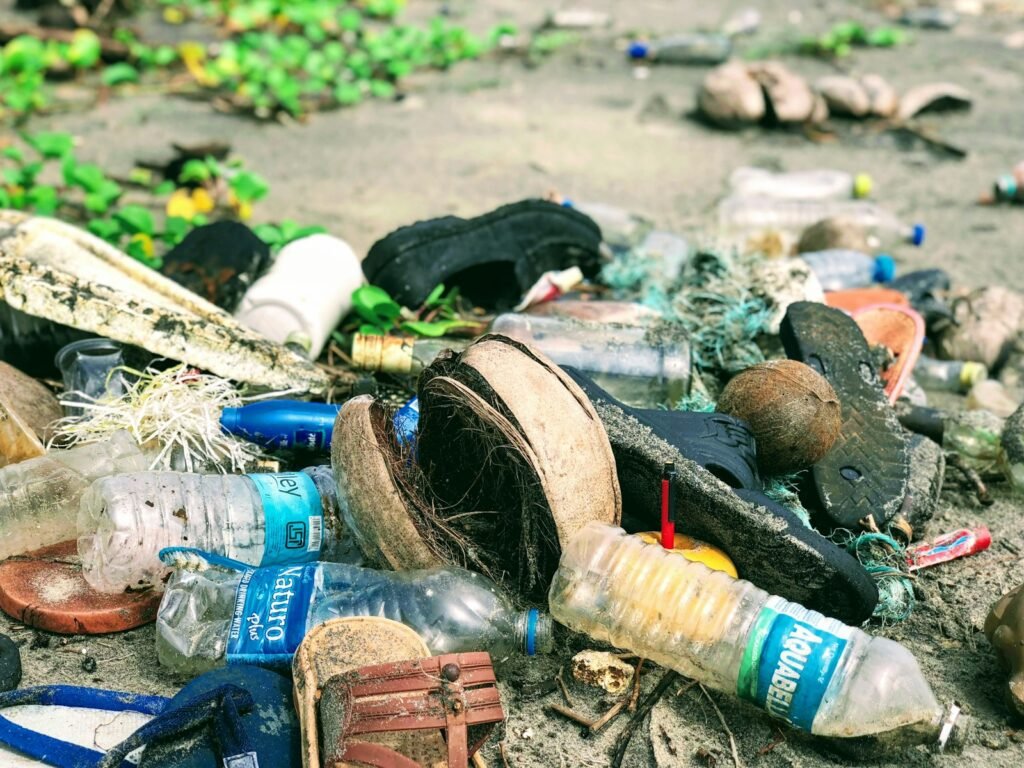With climate change becoming an ever-pressing issue, the need for a sustainable energy future has never been greater. Renewable energy—derived from natural sources like sunlight, wind, and water—is at the forefront of this transformation. As we shift away from fossil fuels, renewable energy offers not only environmental benefits but also economic opportunities and long-term resilience.

The Current Energy Landscape
Today, the global energy system remains heavily reliant on fossil fuels. However, these non-renewable resources are finite and contribute significantly to greenhouse gas emissions. The increasing demand for energy across industries, transportation, and households is straining existing systems and highlighting the urgent need for cleaner alternatives.
Types of Renewable Energy
Solar Energy
Solar power harnesses the sun’s energy using photovoltaic cells or solar thermal systems. It is abundant, scalable, and can be deployed on rooftops, in communities, and through large-scale farms.
Wind Energy
Wind turbines convert wind into electricity. Both onshore and offshore installations are becoming increasingly common as technology improves the efficiency of wind power generation.
Hydropower
Hydropower generates energy by using flowing water to spin turbines. While large dams have been used for decades, modern small-scale hydro systems offer more sustainable and adaptable options.
Geothermal Energy
Geothermal energy taps into the Earth’s internal heat to generate power or provide heating. It is reliable, clean, and has a small physical footprint compared to other energy sources.
Biomass & Bioenergy
Organic materials like wood, agricultural waste, or algae can be converted into biofuels or used directly for heat and electricity. When managed responsibly, biomass energy is carbon neutral.
The Benefits of Renewable Energy
- Environmental: Reduces greenhouse gas emissions and air pollution.
- Economic: Creates jobs in manufacturing, installation, and maintenance sectors.
- Sustainable: Uses inexhaustible natural resources without depleting the planet’s reserves.
- Empowering: Promotes energy independence for individuals and nations alike.
Challenges and Barriers
Despite its many advantages, the transition to renewable energy is not without challenges. High upfront costs, intermittency issues with solar and wind power, and the need for new infrastructure can slow progress.
Innovations Driving the Renewable Revolution
- Advancements in battery storage to manage energy supply fluctuations.
- Smart grids and AI for optimizing energy use and distribution.
- Decentralized microgrids that empower local communities with clean, reliable power.
- Government incentives and international collaboration accelerating the renewable transition.
Case Studies: Success Stories Around the World
Several countries have made remarkable progress in adopting renewables:
- Denmark: Over 50% of energy comes from wind power.
- Germany: A leader in solar and policy innovation under the Energiewende strategy.
- Costa Rica: Powers nearly all of its electricity grid with renewable sources like hydro, geothermal, and wind.
- China & India: Rapidly expanding their solar capacity to meet growing energy needs sustainably.
What Can We Do as Individuals?
While governments and corporations lead the shift, individual actions also matter. Consider:
- Investing in solar panels or energy-efficient appliances.
- Supporting renewable energy providers through your electricity choices.
- Reducing overall energy consumption by adopting sustainable habits.
- Advocating for clean energy policies and community projects.
The Future Outlook
Projections from the International Energy Agency (IEA) suggest that renewable energy will surpass fossil fuels in global electricity generation by 2035. With continued investment and innovation, renewables could become the backbone of a cleaner, more equitable world.
Conclusion
Renewable energy is not just an alternative—it’s the foundation for a sustainable future. By embracing clean power sources today, we can protect our planet and build stronger communities tomorrow.







